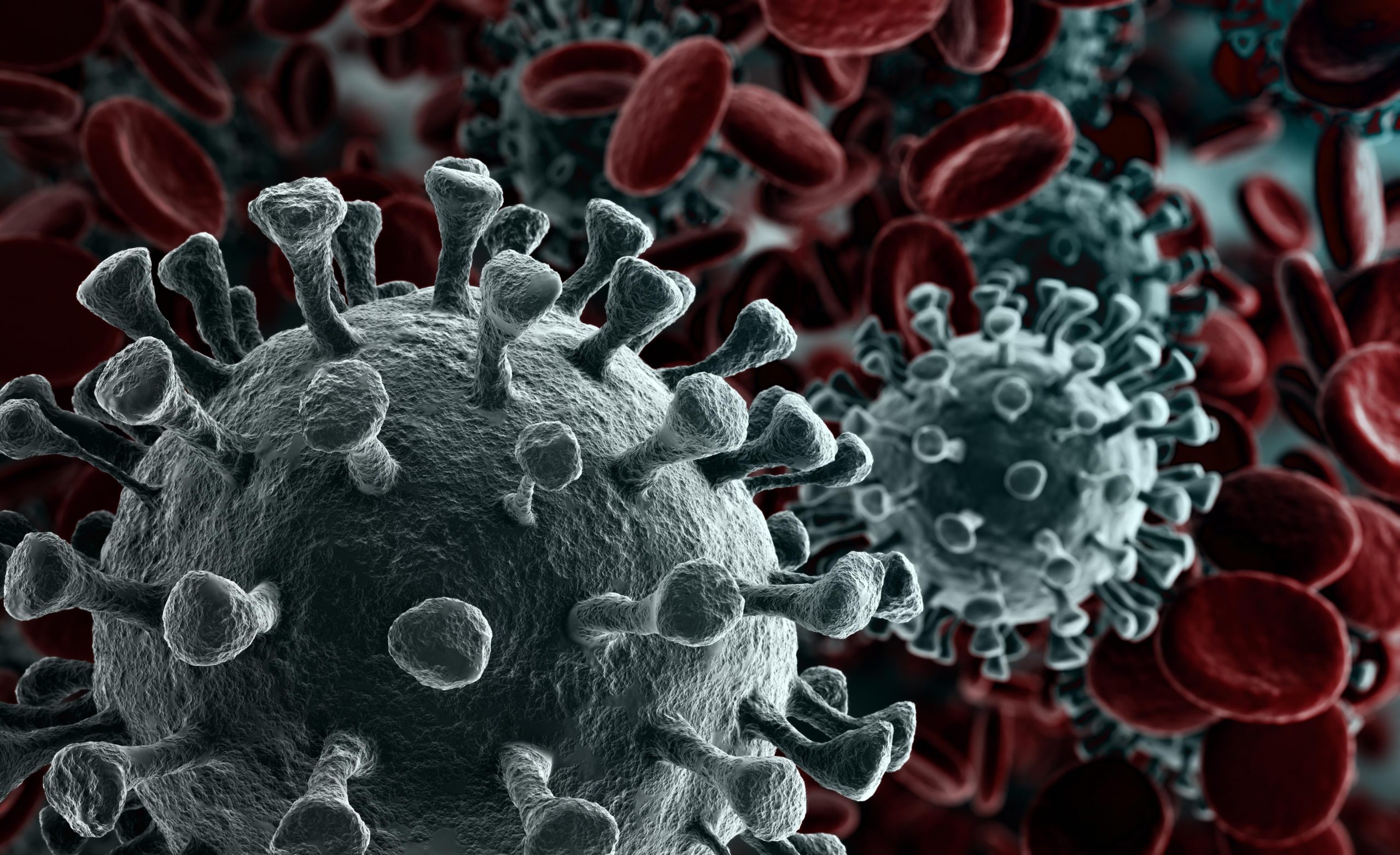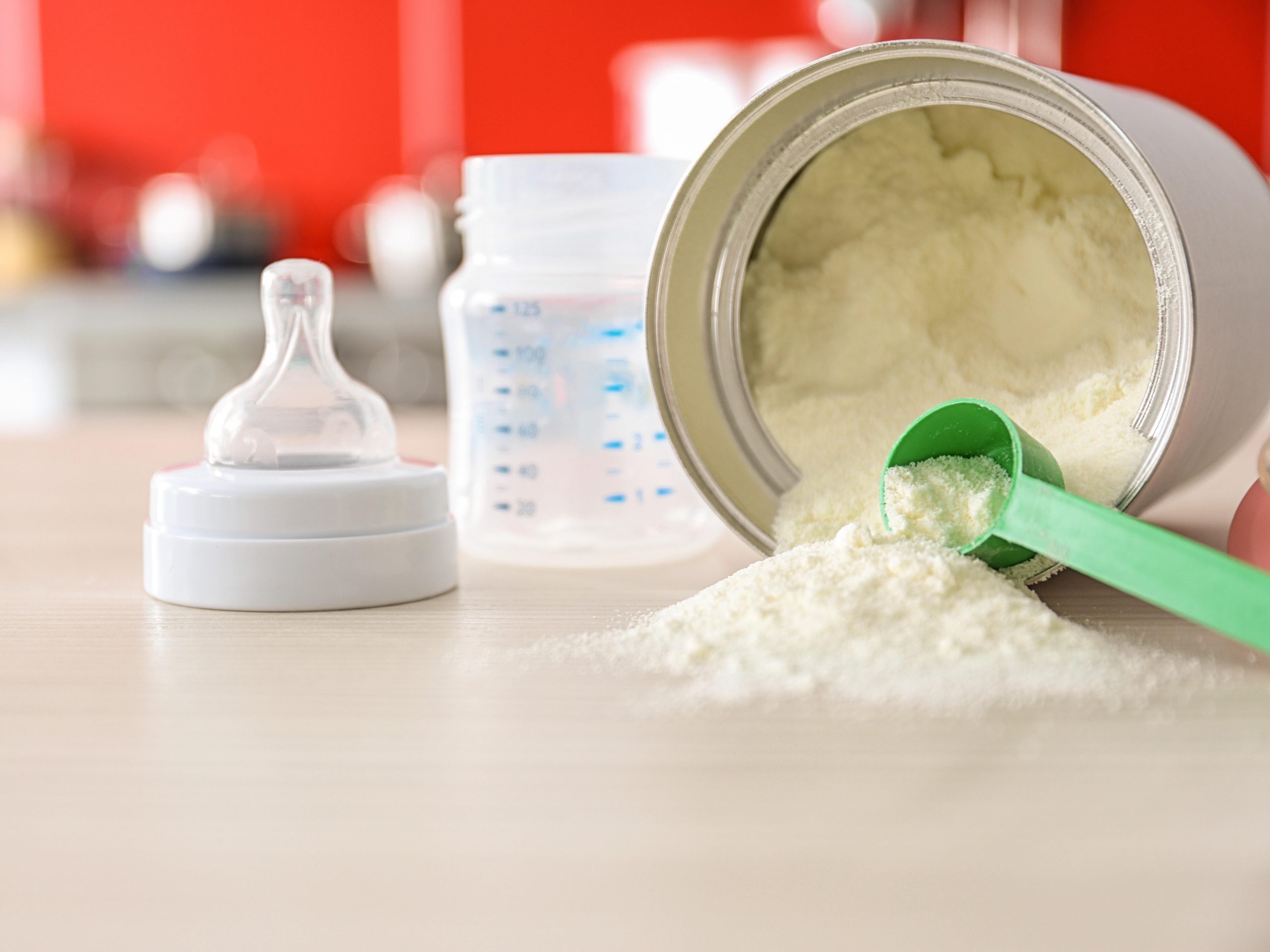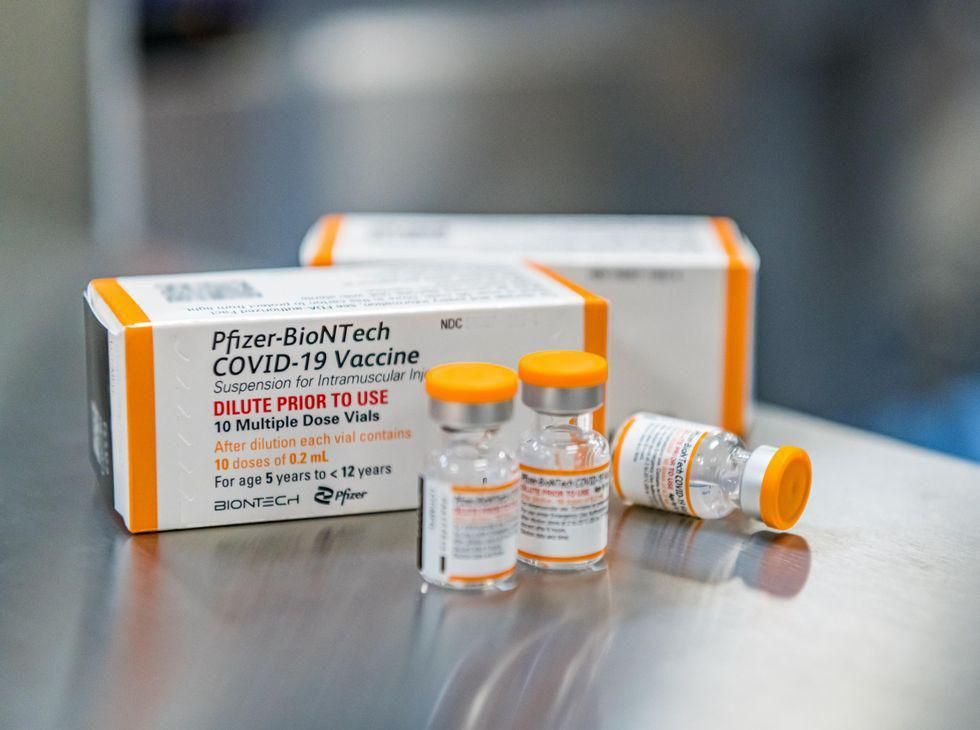
Adults who get COVID-19 could have antibodies circulating in their blood for nearly 500 days after infection, new research suggests. “We now have a good estimate of how long antibodies last after a COVID-19 infection,” said study author Michael Swartz, an associate professor and vice chair of biostatistics at the University of Texas Health Science… read on > read on >


















